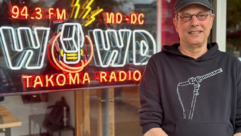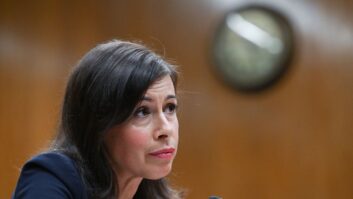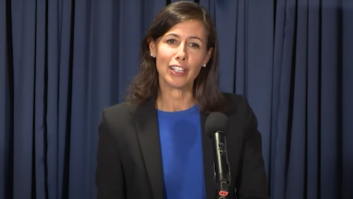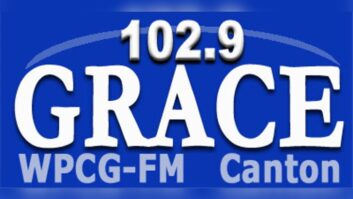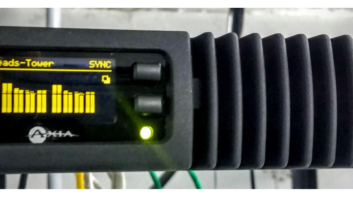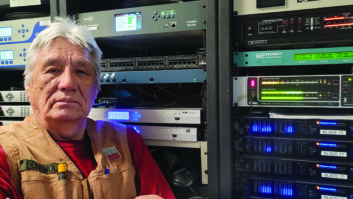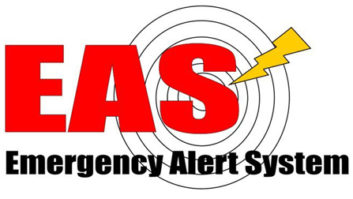More potential and current LPFM ownership groups, as well as other groups with an interest in the issue, are sharing their thoughts with the FCC before the Nov. 30 meeting.
WHO’S SAYING WHAT ABOUT LPFM & TRANSLATORS
LPFM, FM Translators, on FCC’s Tentative Agenda
Channel Spacing Is Concern as FCC Crafts More LPFM Rules
EMF Not Keen on FM Translator Cap
Faith-Based Groups Support Local Program Origination for LPFMs
Amherst Alliance, Too, Pushes FCC on LPFM
Prometheus Lobbies FCC on LPFM
That’s when the agency hopes to have the vote to pass items on the dual interests of creating more ownership opportunities for LPFMs and balancing the interests of broadcasters who’ve been waiting since 2003 to learn the fate of their FM translator applications.
Several Internet station owners are interested in acquiring LPFM licenses, like Delta Radio of Tallahassee, Fla. and Talk Radio of Pahrump, Nev., who, along with Mid-Atlantic Engineering Service of Utica, N.Y. urged the FCC not to reduce its proposed FM translator cap in rural areas as Educational Media Foundation has suggested.
Further, the three groups note the agency should take into consideration the wishes of all LPFM advocacy groups, like The Amherst Alliance, Christian Community Broadcasters, Common Frequency and Nexus Broadcast. While Prometheus Radio Project has the ability to lobby the commission in-person, the other groups do not have the same resources, notes Delta Radio of Tallahassee, Fla., Talk Radio of Pahrump, Nev. and Mid-Atlantic Engineering Service of Utica, N.Y.
Several religious leaders are also lobbying the commission on LPFM, like the Rev. Boardman Kathan of Connecticut. The retired minister has been a pastor for several congregations of the United Church of Christ.
“Some religious radio networks are pointing to these ‘zero spectrum scarcity’ areas — which may turn out to be few or many, once the filing window has opened — and saying that new non-local LPFM stations, with out-of-town programming brought in by satellite, will not be keeping any local voices off the airwaves. That’s because the ersatz LPFM stations will only be filling frequencies that would otherwise be vacant,” he writes in a filing.
He supports the call for a local program origination requirement for LPFMs.
Rev. Kathan notes: “It is extremely difficult for any single institution, in a town like Prospect, Conn., a suburb of Waterbury, to singlehandedly obtain a station license, build an LPFM station and operate an LPFM station. Whichever institution moves first will almost certainly have to look for local partners — if it wants to keep the station local, at least much of the time.”
LPFMs will need to find local partners to produce programming.
In his area of Prospect, for example, the Reverend says several churches might band together to program an LPFM. That and some 15 hours a week could be combined with local news to generate more hours of local programming.
That core could more than met the proposed 20 hours a week of local programming proposed by The Amherst Alliance, notes the Rev. Kathan, who, like Amherst, supports a two-year ramp-up period to meet that goal.




